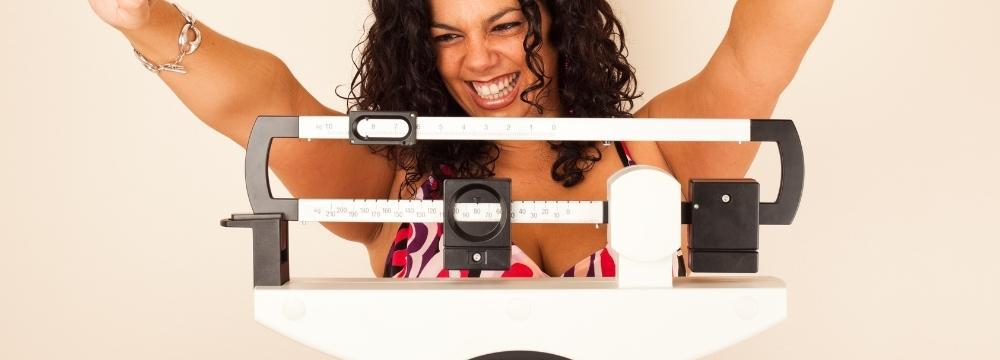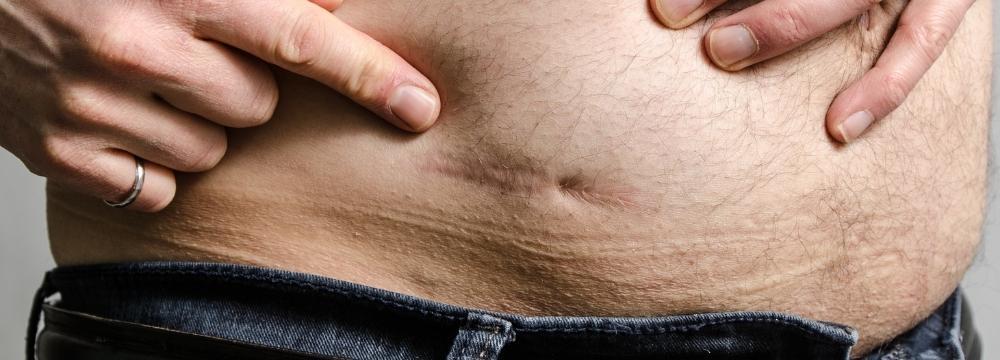
Weight Loss Surgery is nearing 70 years of use, and most of those years involved malabsorptive or intestinal bypass surgeries. On the other hand, the gastric sleeve relies on restriction, a weight loss procedure with approximately half that history. Recent data has shown that sleeve gastrectomies account for more than 60% of all weight loss surgeries despite slightly less excess weight loss potential versus a bypass. 75-80% of Excess Weight Loss is typically maintained for at least five years with a bypass procedure, while 60-65% of EWL is associated with the sleeve. A relatively small number of bypass procedures may require revision for inadequate weight loss or regain of weight. In contrast, a slightly greater number of sleeve procedures may require modification or conversion.
Weight loss following a gastric sleeve is multi-factorial, and weight regain can be too.
Initially, the significant weight loss provided by the sleeve was thought to relate to the size of the remaining stomach. But this is not entirely true. Following the sleeve, we now know there is also a reduction of ghrelin, the ‘hunger hormone’ produced within the fundus of the stomach. This area of the stomach is removed during surgery. Ghrelin levels seem to drop as soon as the first post-op day and may remain low or continue to fall for as long as three to six months.
Ghrelin Comes Back
It is thought that after the 6-month mark, the intestine steps up the production of ghrelin to compensate, leading to renewed hunger in the longer term. This can, of course, lead to weight regain.
The Stomach May Stretch
An increase in the size of the remaining stomach often occurs within six months post sleeve. This tends to be a time of continued but perhaps slowed weight loss. By now, most dietary temptations have been reencountered. Even previous hunger triggers such as insulin may have hit pre-operative levels, steering us toward calorie-heavy carbs and sugary sources. If patients indulge in these temptations, this may reduce protein consumption since the stomach now has more limited space. If lots of simple carbs (such as pasta, for instance) have been consumed, the small stomach pouch fills up.
Even skin and connective tissue sag may be exacerbated by losses in muscular mass, collagen, and elastic connective tissue loss due to lower protein.
There’s No Dumping Syndrome
Unlike a malabsorptive bypass procedure, gastric sleeve patients do not experience ‘dumping syndrome,’ which helps prevent ingesting calorie-rich food sources such as sweets and simple carbohydrates.
So, What Can We Do?
Measuring and monitoring changes in body fat percentages is an important tracking tool and help us redirect nutritional habits to avoid the situation in the first place. That said, patients can consider indulging in some desserts if they have accomplished their protein and vegetable nutrition goals at each meal. They often find that they don’t have the room or desire to indulge in excess on these occasions.
Compliance with post-operative care is another predictor of weight loss and maintenance following bariatric surgery. Results of any weight loss program, surgical or otherwise, correlate with accountability, such as nutrition tracking and support, whether individually or in group sessions. Surgical weight loss programs have the advantage of regularly scheduled post-op visits that often include lab work and a medical review. Additionally, the most successful patients take advantage of nutritionist visits and surgical program support group meetings for pre-and post-operative patients. Follow-up compliance correlates with significant and maintained results.
The psychological factors in weight loss and maintenance cannot be overstated either. Patients who can shrug off bad days and return to their diet and exercise program will always be more successful than those who dwell on their “mistakes” and give up.









